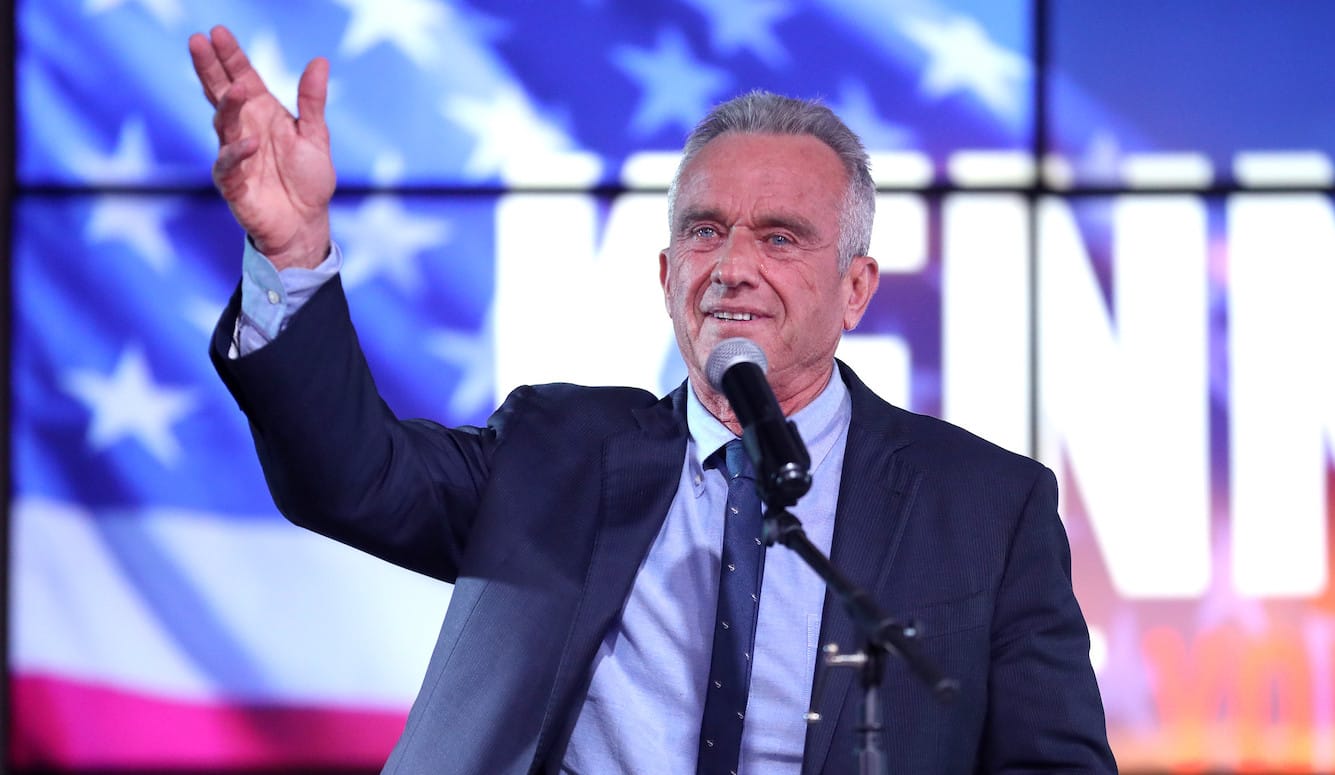Science / Tech
Pre-Existing Convictions
In anticipation of the ‘new results’ RFK Jr. has promised about the causes of autism, an overview of what science has already learned.

In the seven months since he was sworn in as secretary of the Department of Health and Human Services (HHS), Robert F. Kennedy Jr. has presided over the dismantling of large swathes of the biomedical and health infrastructure of the United States, which, for eighty years, has been the envy of the world.
Under the guise of reducing waste and eliminating politically motivated programs, RFK Jr. has fired roughly a quarter of the 82,000-employee work force at HSS. At the Centers for Disease Control and Prevention (CDC), programs addressing chronic-disease prevention have been shut down; members of the highly respected Advisory Committee on Immunisation Practices (ACIP) were dismissed for alleged conflicts-of-interest and replaced by “new members with histories of anti-vaccine rhetoric and with actual conflicts.” And the newly appointed head of the CDC was fired after less than a month in office for refusing to sign off on changes drafted by Kennedy advisors that would weaken vaccination standards. Several top scientists at the agency, including senior vaccine scientists and CDC’s chief medical officer, resigned to protest the firing.
At the National Institutes of Health (NIH), 2,282 research grants totalling US$3.8 billion have been cut. Research projects have been terminated that addressed cancer, AIDS and other infectious diseases, cardiovascular disease, Alzheimer’s, and rural health. Huge additional cuts are expected in next year’s budget. The firing of 3,500 employees at the Food and Drug Administration (FDA) will likely lead to disrupted drug safety and inspections, setbacks in bird flu monitoring, and reductions in lead poisoning prevention. Nearly US$500 million in grants for the development of mRNA vaccines have been cancelled at the Biomedical Advanced Research and Development Authority (BARDA). As Lawrence Gosten, a law professor specialising in public health law, wrote recently, “Kennedy’s campaign … will weaken science and leave the country less safe, less healthy, and less prepared. And the saddest reality is that all this damage cannot be easily undone.”
Back in April, RFK Jr. pledged that in September he would announce new findings that would “identify precisely what the environmental toxins are that are causing autism,” and identify “interventions, certain interventions, now that are clearly, almost certainly, causing autism.” Last week, he announced that his department would link autism to Tylenol (acetominophen) and folate deficiencies. Extensive research has failed to show any link between pharmaceuticals or vaccines and autism.
September’s announcement is also expected to provide an update on the Autism Data Science Initiative (ADSI) a US$50 million program announced by NIH in May to use data science to understand the causes of autism and to improve treatment outcomes. The initiative is to fund projects that create new privacy-protected datasets by combining existing research and clinical data, with a focus on identifying contributing factors and validating findings. Thousands of researchers from top universities have applied for these grants, 25 of which are to be funded. However, the winners have not yet been announced, making it difficult to see how Kennedy can showcase any results.
Autism researchers and advocates are particularly concerned about the involvement of a discredited researcher named David Geier, who first caught Kennedy’s attention in 2004. Geier has a bachelor’s degree in biology and collaborated with his physician father on studies investigating the association of vaccines and the preservative thimerosal with risk of autism. They published thirteen studies purporting to show an association. One paper has been retracted, and their work has been repeatedly rejected by federal courts and criticised by academic scientists for using sleights-of-hand to obtain a desired result.





